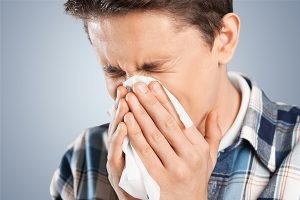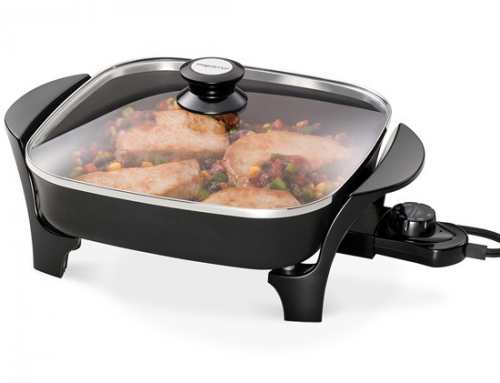
Be Aware of What Medications You can Take
Many antihistamines cause drowsiness; worse yet, some over the counter antihistamines can have the same effect on a person as consuming alcohol. DOT regulations require that drivers do not take any medication which is likely to interfere with the safe performance of their duties.
While there is no regulatory list of approved medications there are suggestions and recommendations by the FAA and DOT. Benedryl, along with most over the counter cold medications, is not approved. Sudafed and Entex are approved by the FAA, provided they are not combined with an antihistamine. Claritin, Clarinex and Allegra are acceptable to the FAA provided that no negative side effects are experienced.
Only you will know if an allergy medication is affecting your ability to drive. We recommend not trying new medications when you are planning to drive. Instead, take medication when you are shut down for the night, or in for your home time. If you experience any negative side effects from allergy medication, shut down. Safety is the top priority.
If you are crossing the border with any over the counter or prescription medication, please make sure that it is in its original packaging or bottle. Medications in pill boxes or pill organizers are not acceptable.
How to Reduce Your Exposure to Pollens
Now that we delivered the bad news about taking antihistamines, here are some tips that can help reduce your exposure to pollens, mold spores and other irritants and, therefore, reduce the chances of your allergy symptoms from becoming unbearable.
1. Travel with the windows closed to avoid breathing pollen, mold spores and other irritants.
2. Use a good, clean HEPA filter on your fan unit to reduce the amount of irritants that blow through the vents.
3. Use the air conditioner to help clean and circulate the air in your cab. This will help keep things dry and prevent the growth of mold spores.
4. Every time you go outside, pollen, mold spores and other irritants collect in your clothing and hair and then transfer to the interior of the cab when you get in. Keep the interior of the truck as clean as possible by wiping everything down and vacuuming frequently.
5. Shower before bed to wash off the irritants you’ve collected on your body throughout the day and to avoid transferring them to your bed.
6. Wear sunglasses to reduce allergy irritants from causing watery, itchy eyes.
7. While unloading, or sweeping out the trailer wear a mask to reduce the amount of irritants you are breathing in.
Unfortunately, truck drivers with seasonal allergies have to suffer more than most. We hope that the above tips give you some relief this allergy season. Remember that your safety and the safety of others on the roads take priority. If you’re allergies or the medication you are taking prevent you from driving safely, please shut down.





